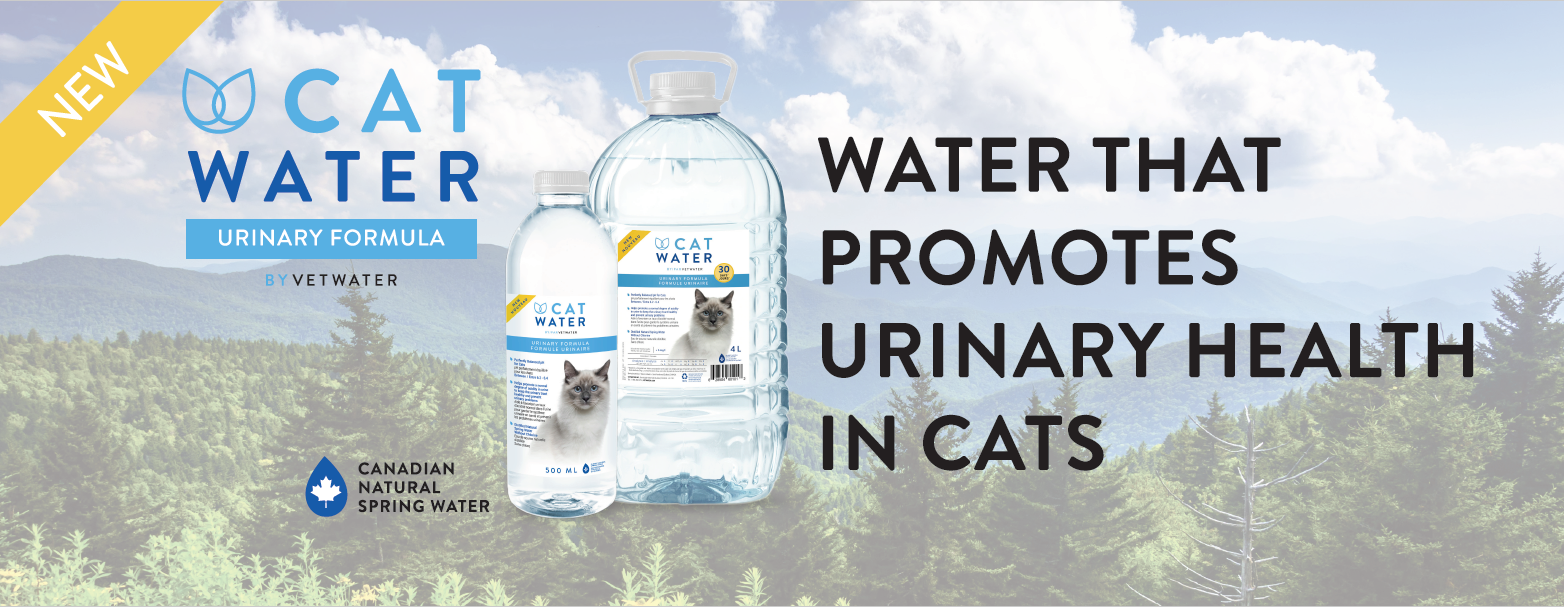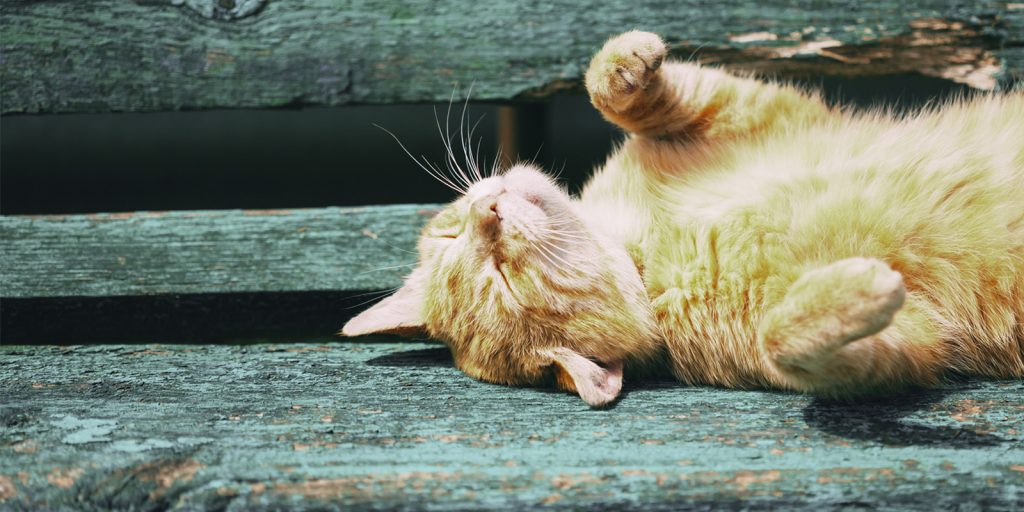Feline lower urinary tract disease (FLUTD) is a broad term that refers to a variety of urinary tract complications. These include urinary tract infections, struvite and calcium oxalate crystals, urethral obstructions and inflammation in the urinary system.
One of the most common forms of FLUTD is urinary stones, more specifically struvite crystals (magnesium ammonium phosphate crystals). These crystals form most easily when the urine is concentrated and of alkaline pH. There are a few things we can do as cat owners to prevent the formation of these crystals, but the most important is to promote acidity of the urine.
Lower Urine pH
Feline urine is naturally slightly acidic, but the diet can alter this pH to be more alkaline, therefore increasing the risk of crystal formation. The most effective way to maintain acidic urine is a diet with a high meat content and limited carbohydrate content. Ingredients to note that help maintain proper urinary health are DL-Methionine and sodium bisulfate, which lower urine pH to a more natural level.
Limit Minerals
It is important to prevent excess intake of magnesium and phosphorous, as these are the minerals that form struvite crystals. However, this is secondary to maintaining acidic pH; studies have shown that crystals can form even when these minerals are low if urinary pH is too high.
Urine Dilution
Sufficient moisture consumption is extremely important for preventing crystal formation. Moisture consumption through food is the most effective way to improve hydration, since cats are notoriously bad drinkers. Incorporating canned food, raw food or rehydrated freeze-dried food to the diet is an excellent strategy for adding moisture. When it comes to drinking water, cats tend to prefer water sources that are slightly acidic; providing more appealing drinking water may encourage higher rates of consumption. Remember that moisture requirements increase as temperatures increase, so it is especially important to encourage consumption during warmer weather.
There are many diets on the market that can effectively support urinary health. Choose a diet that is high in protein, with significant protein coming from meat, and low in carbohydrates. Look for DL-methionine and sodium bisulfate in the ingredient list and always incorporate moisture into meals.
Controlling the source of drinking water is not quite as easy. Tap water is typically alkaline and contains unknown mineral levels. Bottled distilled water contains no minerals but it may also be alkaline. Cat Water is bottled, distilled water that has no minerals and is also pH balanced to be slightly acidic. This water source is ideal for maintaining natural urine pH and encouraging water consumption. When feeding a complete and balanced diet to your cat, they are consuming all the essential minerals they need, and it is not necessary for these minerals to be in their drinking water.
Cat Water is a feature product this month at Global Pet Foods. Visit your local store to find out more!













